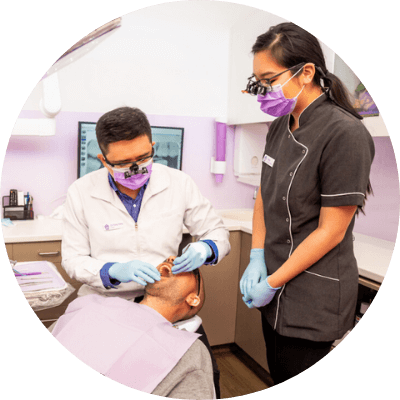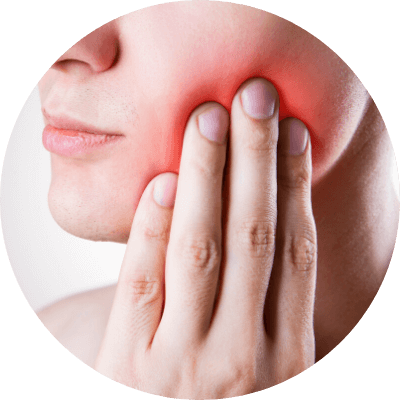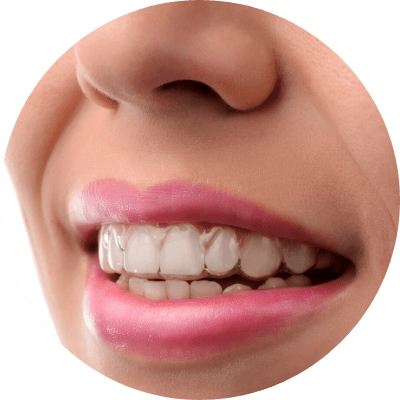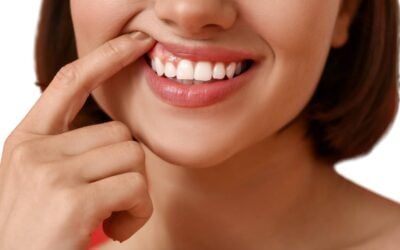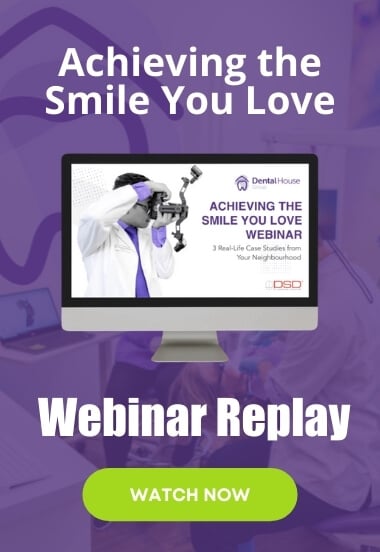The Best, The Worst and The Unproven Tools for Dental Health
The Best, The Worst and The Unproven Tools for Dental Health

We’re familiar with the advice to brush your teeth twice a day for at least three minutes. Most of us overestimate how long we actually brush by a whole minute; without an electric toothbrush timer some of us are brushing for 2 minutes or less, and there is evidence that even 2 minutes brushing is not enough.
The point of brushing is to remove the micro-organisms of plaque; the accumulation of bacteria, fungi and viruses that form a sticky biofilm that coats our teeth. The only way to effectively remove it is by brushing, and for the very best results, that’s 3-4 minutes.
We know the harmful effects of plaque build-up – it’s the beginning of all dental issues. It weakens and discolours enamel, creates cavities, gingivitis and periodontal disease. It’s no neurological stretch that removing more plaque each time we brush improves oral health overall.
Brushing is the cornerstone of oral hygiene and the only reliable way to control dental plaque.
Electric toothbrushes are no more efficient at removing plaque and gingivitis than a manual one; however its advantage is the inbuilt timer, given the habitual overestimation of time spent brushing.
According to research, interdental brushes and water piks are the most useful home tools for good dental health: they’re the only devices to reduce gingivitis when used in conjunction daily brushing.
Toothpicks, while not effective in any way against gingivitis, are useful for monitoring gum health. Gentle prodding monitors for any soreness, inflammation or bleeding; obviously signs that all is not well in the Garden of Eatin’. Early intervention is key with any health unbalance, and even more so with teeth and gums. They’re the only set you have, and compounded dental issues become complex and expensive.
Worst of all, there’s a lifetime of regret because it could have all been avoided with simple six-monthly check-ups.
In the Journal of the International Academy of Periodontology, a published paper of the State University of New York, Buffalo examines the effectiveness of various oral hygiene devices and less than a handful of home interventions provide any real value or advantage in oral care. The findings not only help dental practitioners, but given the abundance of conflicting dental information, it allows the public to identify best practice strategies for preventing gum disease, which affects almost 50% of adults worldwide.
A big motivator for the team was to provide a reliable source for patients to confidently choose proven oral care tools and practices for home, and information that allows better treatment decisions between them and their practitioner.

Some findings are unsupported by sufficient evidence – like that tea tree oil, or green tea based mouthwashes actually work; among the numerous mouth rinses examined, those with chlorhexidine gluconate (CHX), cetyl pyridinium chloride (CPC) and essential oils were the only ones proven to significantly reduce plaque and gingivitis. Hydrogen peroxide, sodium benzoate, and – despite the claims of Crest brand toothpaste – stannous fluoride, have no discernable affect on gingivitis; although stannous fluoride is preferable to sodium fluoride in fighting bacteria responsible for cavities.
CPC technology has a long history of use by the dental industry because of its antibacterial properties. A 2017 study suggests CHX as the most effective antiseptic mouthwash to date. Dentists can also prescribe it for the treatment of the inflammation, swelling, and bleeding that often accompanies gingivitis.
However triclosan toothpastes and mouth rinses reduce plaque is both notable and irrelevant: the compound is linked to various types of cancers, weakened heart function, reproductive defects and osteoporosis. It was banned by the FDA in 2017 and promptly removed from most popular toothpastes.
Although Colgate-Palmolive removed it from its soaps, it refused until 2019 to stop using it in the manufacture of its toothpastes, citing that triclosan is “better in reducing the germs that can cause gum disease and is therefore, critical to public health.”
To its credit, Colgate-Palmolive didn’t specify whether triclosan is critical to public health in a positive or negative sense, and it’s a statement most likely constructed by its inhouse legal team.
Bizarre. Triclosan must be cheap.
So is flossing necessary?
Of course – says your dentist, although two recent studies showed that, as an adjunct to brushing, interdental brushes (IDBs) are more effective than dental floss in removing proximal plaque.
But don’t toss your floss just yet.
Flossing is beneficial for people with tightly aligned teeth that the smallest IDB can’t infiltrate. It’s in these types of cases that dental floss reduces the risk of between-teeth cavities. If carried out properly, and regularly, flossing can prevents the initiation and progression of periodontal disease, although care must be taken to not damage the gums in the process.
The use of probiotics, although promising as a preventive against gum disease, remained unproven; and researchers found little evidence of any dietary supplement that genuinely improves gum health. One may argue that probiotics, and probably more so prebiotics, assist gut oral microbiome which must therefore be advantageous overall; just because it’s yet to be scientifically proven doesn’t mean it ain’t necessarily so.
The most incredibly interesting revelation of the research, is that the team could not come up with sufficient evidence that professional dental scaling is an effective preventative, or treatment for gum disease. Scaling and root planing, debridement also known as periodontal or deep cleaning, has been an accepted form of periodontal treatment for decades.
So the research reveals that 4 minutes brushing twice a day, with a non-triclosan-but-stannous fluoride toothpaste, with water pik and interdental brush use, along with certain mouthwashes as a personal choice, are what will make your 6-monthly check-ups a breeze.
DISCLAIMER:
The content has been made available for informational and educational purposes only. New Gisborne Dental House does not make any representation or warranties with respect to the accuracy, applicability, fitness, or completeness of the content.
The content is not intended to be a substitute for professional personal diagnosis or treatment. Always seek the advice of your dentist or another qualified health provider with any questions you may have regarding a dental or medical condition. Never disregard professional advice or delay seeking it because of something you have read or seen on the Site.


